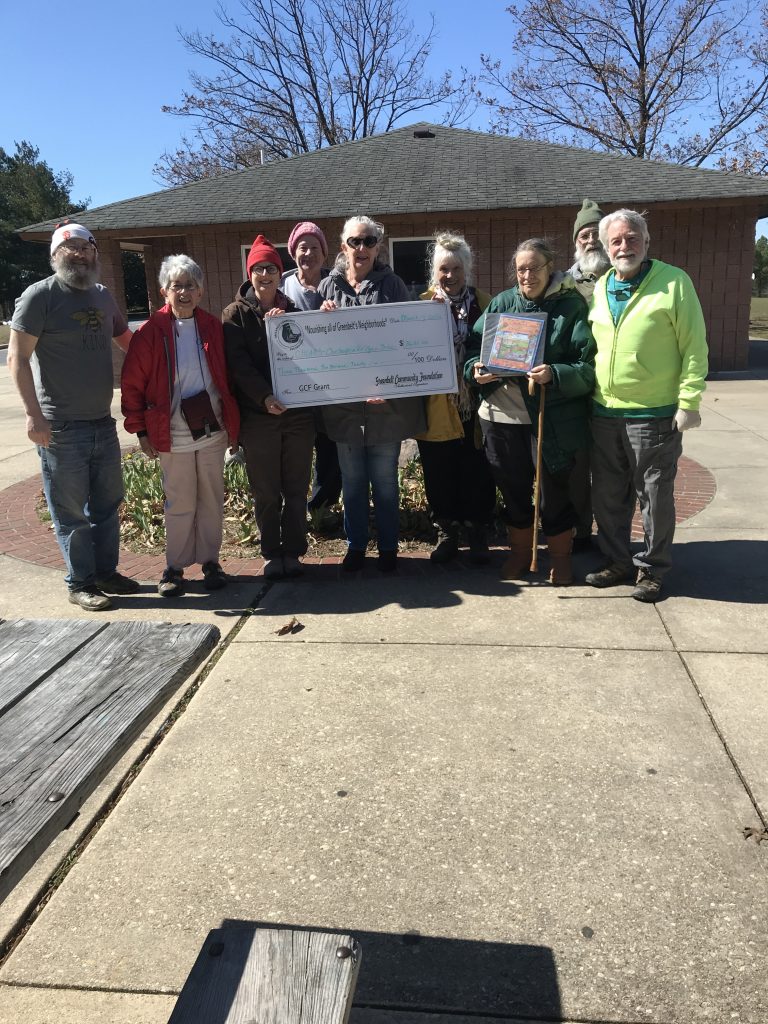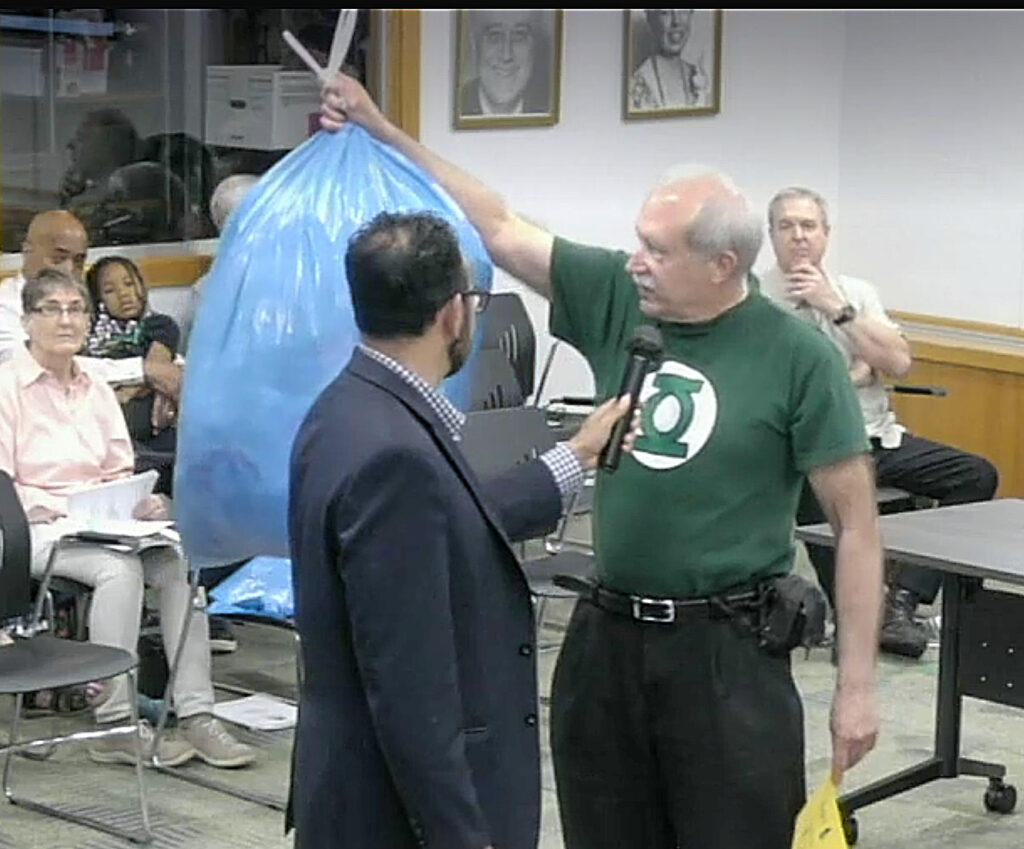On March 7, CHEARS (the Chesapeake Education, Arts and Research Society) held its first workshop after receiving a Greenbelt Community Foundation (GCF) grant for its most recent project, the Chesapeake Intergenerational Open Seed Quest. CHEARS received the GCF grant and a Chesapeake Bay Trust mini-grant with its partner in the Seed Quest, the School of Living’s Heathcote Community. Heathcote is a community located on 40 acres at the site of a historic rural mill north of Baltimore, thereby creating an urban-rural link with Greenbelt. The Chesapeake Intergenerational Open Seed Quest will employ citizen science open-seed trials in the Three Sisters Gardens and Food Forest in Greenbelt and at the Heathcote Community Farm. CHEARS believes that in these times of climate crisis, decline in seed diversity, use of toxic seeds to grow food, and habitat and pollinator loss, working on open seed-saving citizen science projects is a way to learn intergenerationally, get families reconnected with their food and support each other in transforming farms, yards or balconies into eco-oases. Seed saving is not a new activity – it has a long history in both Native American and African American communities. Africans who were enslaved and taken to North America on slave ships brought seeds from their homelands with them as a source of sustenance. The project has a special outreach to families, senior citizens and persons with disabilities. The workshop was the first of six designed to introduce seed swapping, plant and harvest the seed trials, and start a seed library. Seeds of lettuce and varieties of peas that are cold-weather tolerant will be the first seeds used in the project.
The CHEARS Earth Squad, an afterschool program at Springhill Lake Elementary, will play a large part in future workshops. In this first workshop at the Schrom Hills Three Sisters Gardens and Food Forest, about 20 volunteers and CHEARS members shared a potluck lunch, learned about the Chesapeake Intergenerational Open Seed Quest and assembled the gardens for the project. The gardens are waisthigh for easy access by seniors and persons with disabilities, and one is a “keyhole” garden, with an area in its center designed for wheelchair access to all sides of the garden. All gardens have an area to hold compost for fertilizing. The GCF awards grants to Greenbelt organizations, cooperatives and other groups to use for improving the Greenbelt community. There are two grant cycles, one in the spring and another in the fall. To apply for the spring cycle, organizations are required to submit completed proposals by email to greenbeltcommunityfoundation@ gmail.com by midnight on April 15. Visit the GCF website at greenbeltfoundation.org for eligibility criteria, application instructions and the application form.





